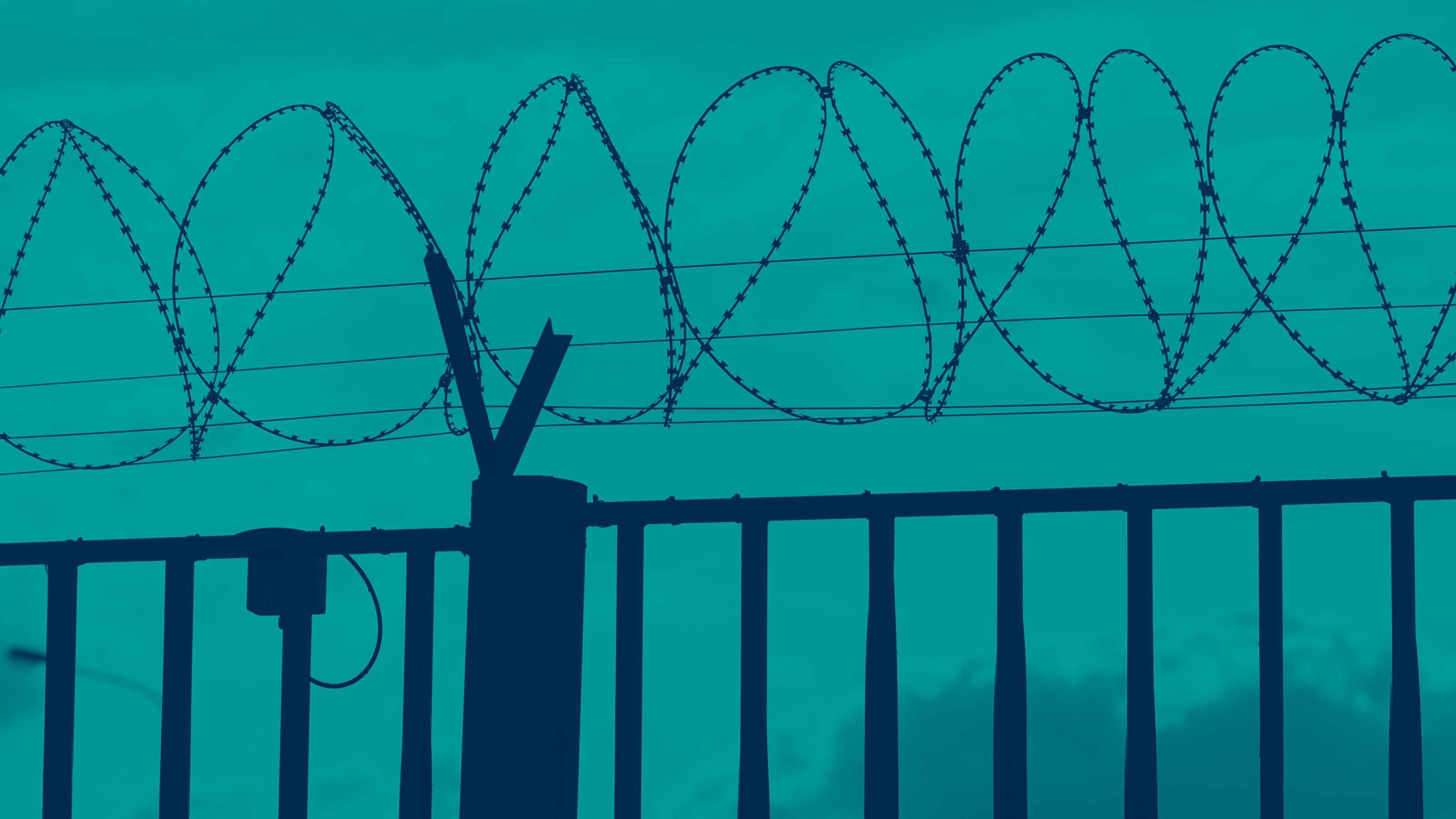Registration
You will receive an email confirming your registration.
Over the course of the past year, the conflict in West Asia has escalated regionally, witnessing the involvement of not just Israel and Palestine, but also Iran, Lebanon, Jordan, and Syria. This regional escalation increases the relevance of external actors such as the United States and its approach to the region. In this context, the outcome of the 2024 U.S. presidential election assumes significance. The worsening regional situation has also evoked concern from other actors such as India. India has significant stakes in the region, including 8.7 million Indians employed in Gulf countries, trade, as well as infrastructure connectivity projects such as the Chabahar port and the India-Middle East-Europe Economic Corridor. What is the possible trajectory of the conflict in West Asia in the near future? How will the outcome of the U.S. presidential election affect this trajectory? As India’s interests in the region face pressure, how is it responding to secure them?
Carnegie India hosted a discussion on West Asia Today: Actors, Interests, and Prospects. The discussion was moderated by Shibani Mehta.
DISCUSSION HIGHLIGHTS
Impact of the U.S. Elections on West Asia: Participants deliberated the potential impact of the second Trump administration on the conflict in West Asia along two lines. First, Trump 1.0 was recognized as an indicator of his future approach to the region. This included strong support for Israel, increasing bonhomie with the Gulf countries, and a hardline position characterized by the policy of “maximum pressure” with Iran. Participants agreed that the Abraham Accords, the I2U2 (India, Isreal, the UAE, and the U.S.) initiative, and withdrawal from the nuclear deal with Iran were the highlights of the Trump presidency indicating potential progress along the same lines during Trump 2.0. President Trump’s close bond with Prime Minister Netanyahu, Crown Prince Mohammed bin Salman and President Mohamed bin Zayed can be assets in these endeavors. Secondly, the “China challenge” is growing for Washington in the region as it attempts to supervise the security and political architecture of West Asia. Many countries are deepening relations with Beijing, for instance, Iran is increasing oil supplies to China. Regional actors have welcomed China’s presence for different reasons, most significantly to balance U.S. power. Participants agreed that China is currently reluctant to engage on the security front as economic concerns remain a priority.
Iranian regional strategy: Participants examined the broader regional conflict expanding beyond Israel and Palestine, focusing on the role played by Iran. Iran has sustained maximum pressure from the U.S. while also recalibrating its regional equations. The escalating regional dynamics include Iran’s direct confrontation with Israel. This was argued to have weakened Iranian deterrence through its axis of resistance. This is exemplified by the targeting of top Hamas and Hezbollah leaders linked to the Islamic Revolutionary Guards Corps (IRGC), as well as Israel’s ability to conduct strikes within Iran and operate freely without significant retaliation. Participants acknowledged that the Trump administration, supported by a massive political mandate, might be better positioned to negotiate the nuclear deal with Iran. In response, Iran has undertaken measures to “Trump proof” its strategies including increased diplomatic visits, reassurance for Gulf countries against regional conflict, and warning against alignment with Israeli actions. Further, while Iran is committed to the Treaty on the Non-Proliferation of Nuclear Weapons (NPT), it has significantly exceeded the Joint Comprehensive Plan of Action (JCPOA) uranium enrichment limits for a non-nuclear weapon state. Meanwhile, Iranian officials describe the country as a “nuclear threshold state,” signalling readiness for re-negotiations as the JCPOA approaches expiration next year.
The Role of the Gulf States: Participants analyzed the role of the Gulf Cooperation Council (GCC) states in shaping a “day after” scenario, emphasizing immediate stabilization and long-term regional impact. Over the past five years, the UAE and Saudi Arabia have taken steps to normalise ties with Israel, with the former signing the Abraham Accords and the latter maintaining active back channels of communication. However, these efforts have been undermined by the ongoing Israel-Palestine war as public sentiment in the GCC states strongly supports Palestinian self-determination. Participants called for alternative solutions, noting the impracticality of the two-state model given current realities. While Saudi Arabia and the UAE see potential benefits in a Trump 2.0 administration, they remain disillusioned that the American political imagination of security will safeguard their strategic interests. Participants stated that regional security cannot hinge solely on an anti-Iranian narrative, therefore, maintaining stable relations with Iran remains a priority for both the Emiratis and Saudis.
India’s Interests in the Region: Participants analyzed the potential shifts in India’s multipolar approach, highlighting the importance of adopting a less risk-averse stance. India has a potential role in negotiating the mediation trajectory in the region. Participants acknowledged its unique position to deliver messages, balance narratives, and have a holistic conversation with the stakeholders. Participants discussed India’s initial and somewhat hasty pivot towards Israel demonstrated by Prime Minister Modi’s tweet on October 7, 2023, condemning the Hamas attack and underscoring shared security interests such as counterterrorism. However, as the conflict unfolded India upheld a balanced perspective, opposing violence and terrorism, provided humanitarian assistance to Gaza, and supported a two-state solution for the resolution of the conflict despite global ambiguity over its implications and feasibility. Furthermore, India holds strategic interests in the energy sector, a diaspora of approximately 8.7 million people, and critical infrastructure projects such as the Chahbahar Port and India-Middle East-Europe Corridor (IMEC).
